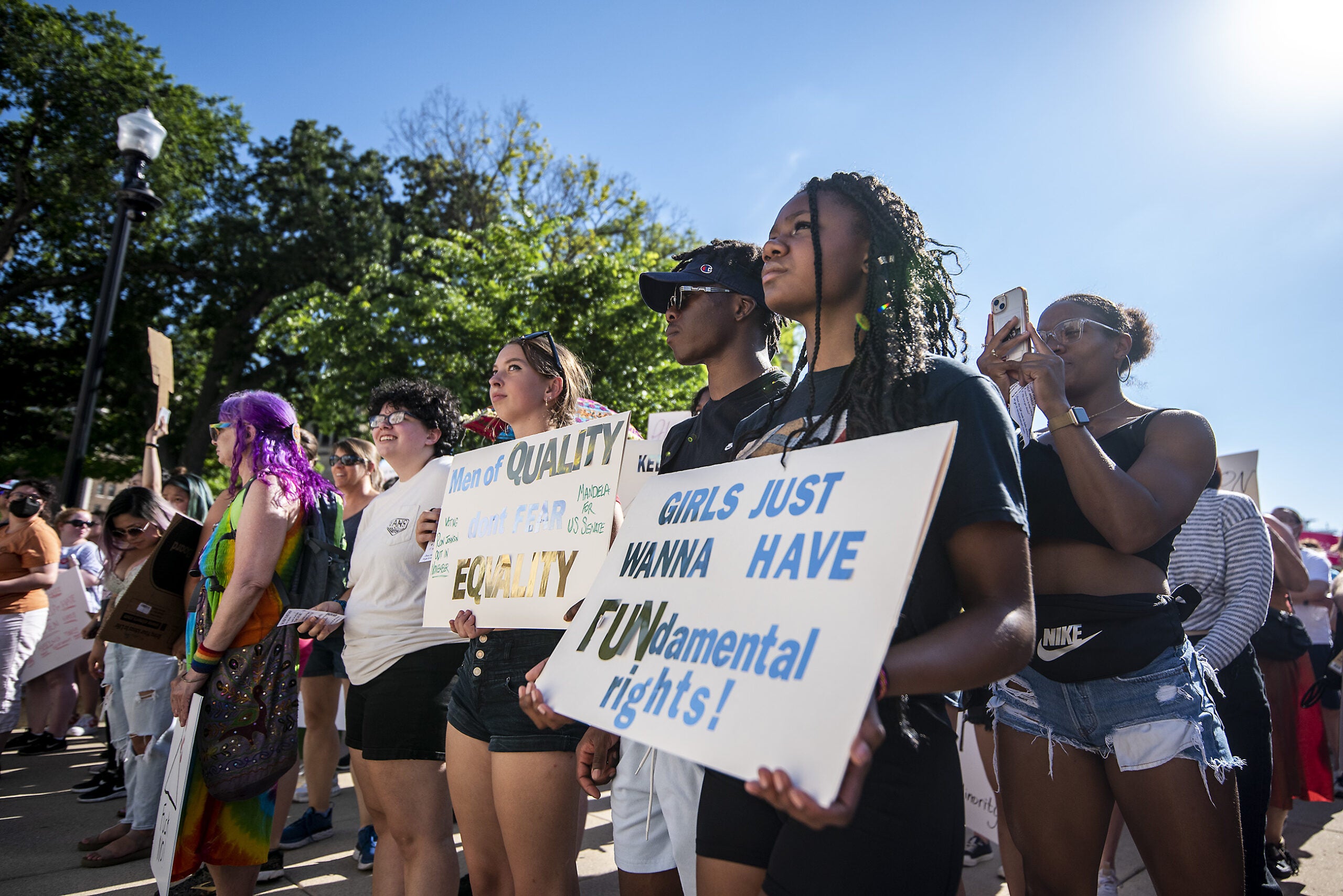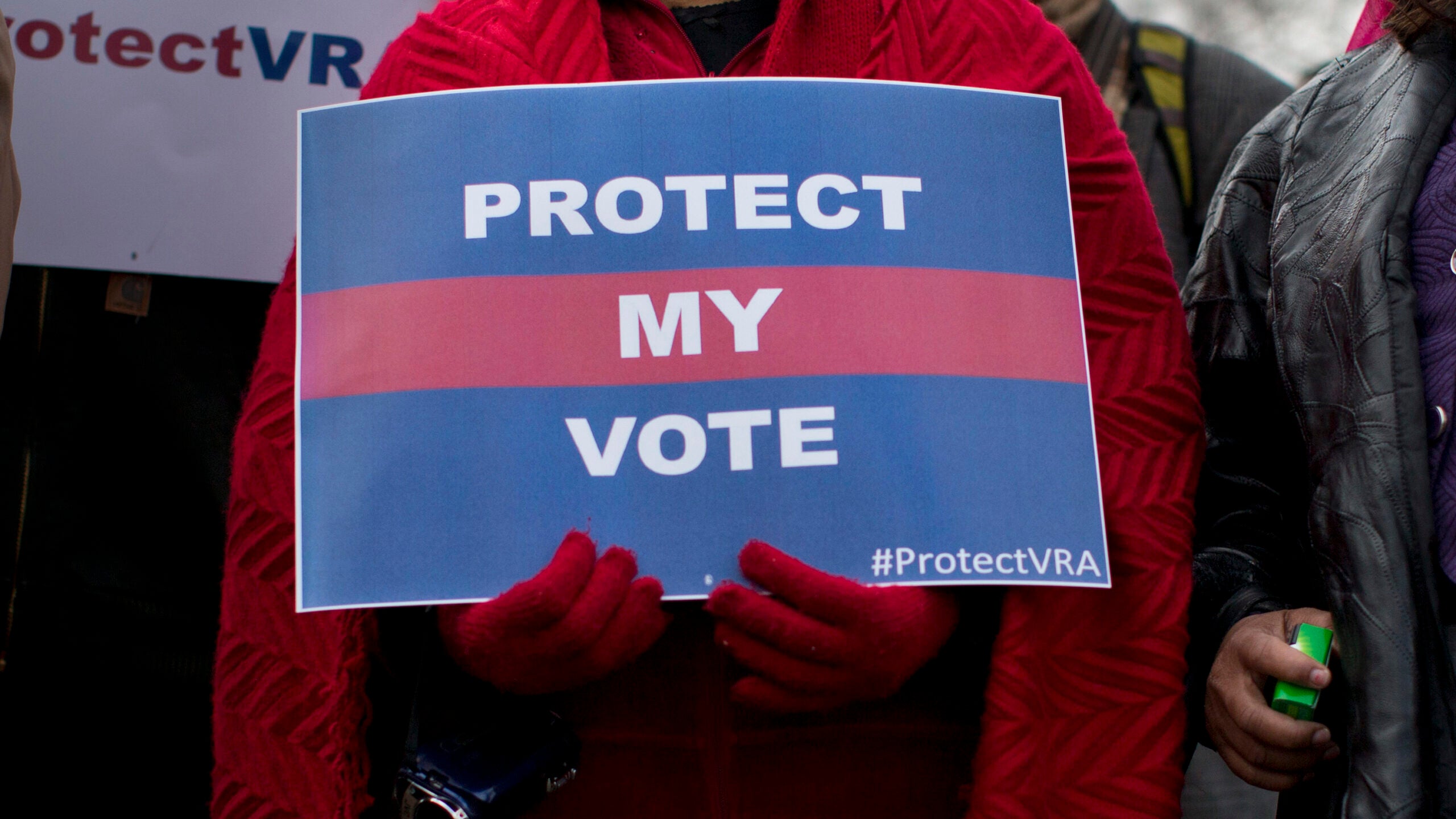Civil libertarians aren’t happy with the Supreme Court ruling issued today regarding DNA sampling.
The ruling upheld a Maryland law that allows police to collect DNA samples from anyone arrested for a serious crime. The director of the Wisconsin ACLU calls the practice an expensive and unnecessary invasion of privacy.
Wisconsin is poised to join 26 other states that already allow DNA sampling of felony arrestees. The measure is included in the yet-to-be-approved state budget along with funds to cover the cost of the collection. But Chris Ahmuty of the Wisconsin ACLU says it’s not clear there’s a law enforcement benefit to collecting thousands of new DNA samples from people who haven’t been convicted yet.
Stay informed on the latest news
Sign up for WPR’s email newsletter.
“The idea of just adding more and more people to the data bank hasn’t been shown to be terribly effective once you get passed people convicted of serious crimes. Instead of spending millions and millions of dollars to expand the system as the governor and the attorney general have proposed, take that money and use it more effectively for other things.”
But the author of Wisconsin’s DNA-at-arrest bill, Republican Senator Sheila Harsdorf says it will work like a double-edged sword to help track down the guilty and in some cases, exonerate innocent people convicted of crimes they did not commit.
Brian O’Keefe heads the state’s Division of Law Enforcement Services. He says even if the Wisconsin version of the practice wins approval, it won’t be implemented until the Department of Justice sorts through the state’s felony laws and decides if DNA swabs will be taken from all felony suspects.
“We would still have to create administrative rules to administer the program and certainly those rules would be created to stay within the framework the Supreme Court provided.”
O’Keefe says the biggest benefit of today’s ruling is the reassurance that Wisconsin’s new law will pass constitutional muster and not be plagued with legal challenges.
Wisconsin Public Radio, © Copyright 2024, Board of Regents of the University of Wisconsin System and Wisconsin Educational Communications Board.





